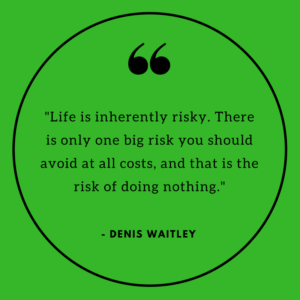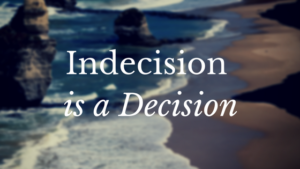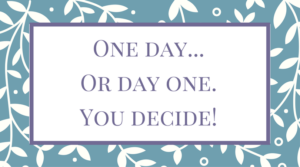 We have been asked about our life goals since we were small children. We have been surrounded by questions like what do you want to be when you grow up, do you want to have children, where is your dream home, what type of person do you want to marry, etc.
We have been asked about our life goals since we were small children. We have been surrounded by questions like what do you want to be when you grow up, do you want to have children, where is your dream home, what type of person do you want to marry, etc.
Setting life goals is important; it helps you stay on track, achieve what you want to achieve, and make the most out of your life.
Why Do You Need to Set Life Goals
Setting life goals is an important way to stay on track and make the most out of your life. Making a list of your life goals and revisiting it every year, making the proper adjustments, can help you be more focused on what you want in life and become more self-aware.
It forces you to take time each year to sit down and focus on yourself, thinking about what you want in your life. It gives you a way to track your progress and also provides you with a tangible object to hold you accountable (similar to a contract).
How to Set Life Goals
There are a number of ways to go about setting life goals, but there are a few practices that can help you head down the right path. For starters, you should limit your distractions. Making a list of your life goals requires you to get fully in touch with your inner self so you can accurately determine what you want in life.
You have to question yourself, being entirely honest with yourself, and examine the things that you want to achieve and accomplish over the course of your lifetime.
It is crucial that the life goals you choose to set for yourself are reachable. Don’t make a life goal that is impossible or highly unlikely. For example, rather than making a life goal “write a #1 best seller,” make it something more achievable like “write a book”. If the book ends up being a best-seller, that is awesome! If it does not hit the best seller list, at least you can still be proud of the fact that you completed your goal to write a book… which is still a huge accomplishment!
Once you’ve completed this self-reflection, it is a good idea to revisit your goals ever six to twelve months to make sure it still accurately reflects what you want in life.
What Are Some Examples of Life Goals
Most of the time, when people think of life goals they think of career goals or family goals. In reality, life goals are a combination of all those things and then some. This could be to reach a particular place in your job, a particular career, the time frame wherein you want to have children as well as visiting the Grand Canyon or living in a foreign country for an extended period of time. Whatever you specifically want in life.
Setting life goals is a great way to make sure your life is on the right path, keep you focused on your dreams, and help you achieve all you want in your lifetime. The process of determining and setting your life goals can also be a great experience, encouraging time spent in self-reflection. It can help you become more in-tune with yourself and better aware of your desires and dreams.
You may think it sounds difficult to set your life goals, but if you limit your distractions, stay focused, and listen to yourself, you can do it. Keep in mind that none of these goals are set in stone. The list will most likely grow and evolve as you do, changing many times. Some things will get accomplished and you will most likely lose interest in some things before you ever get close to crossing them off the list. That is fine. Keep an open mind.

 Do you wake up feeling motivated by your life? Or do you just want to go back to sleep? Are you stuck in a comfortable routine? Do you feel that there is something better out there waiting for you? Maybe it is a better job or a better ____ (you fill in the blank) – but you just don’t know where to start? The door to that better job or better ____ is waiting to be opened. The key to that door is… to START! The very first step you have to take is to make a change. A small change. If you are ready to start feeling motivated to get out of bed in the morning, or to go to work, or go to the gym it is time for you to think of small changes that you could make every day. When you have something to look forward to (that new or better … whatever you choose) it is easier to jump out of bed and get started with your day.
Do you wake up feeling motivated by your life? Or do you just want to go back to sleep? Are you stuck in a comfortable routine? Do you feel that there is something better out there waiting for you? Maybe it is a better job or a better ____ (you fill in the blank) – but you just don’t know where to start? The door to that better job or better ____ is waiting to be opened. The key to that door is… to START! The very first step you have to take is to make a change. A small change. If you are ready to start feeling motivated to get out of bed in the morning, or to go to work, or go to the gym it is time for you to think of small changes that you could make every day. When you have something to look forward to (that new or better … whatever you choose) it is easier to jump out of bed and get started with your day.